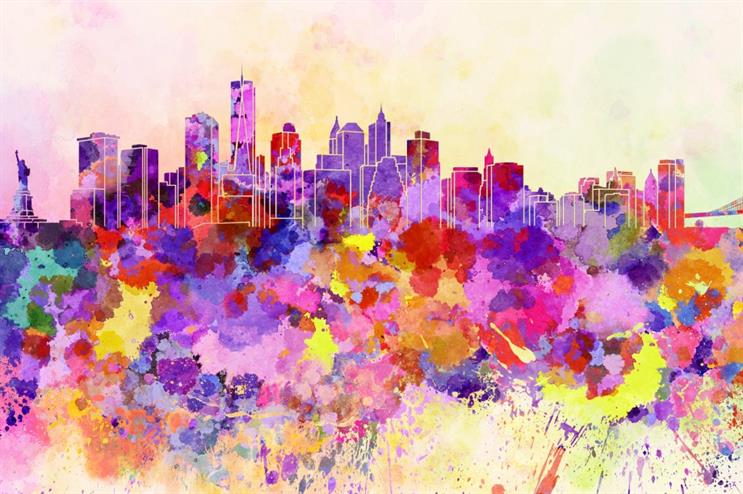There is no doubt the improving US and global economies are helping accelerate experiential marketing right now in America. With a stronger economy, more business leaders are feeling energised about the future. This optimism is encouraging brand marketing teams and partner agencies to unleash the power of immersive experiences to expand strategic engagement with key stakeholders.
Generation Z
In some respects, it feels as though we are witnessing an experiential marketing arms race to grow market share as quickly as possible during the economic expansion. A large part of this ramp up in activity is due to the overall market changeover to the millennial (and Generation Z) target audiences.
One critical aspect of the marketing shift toward millennials is the increasing body of research that confirms this cohort is indeed the "experience generation." Millennials covet unique, once-in-a-lifetime experiences more than they covet products – especially immersive experiences in culturally relevant themes that connect with their lifestyles: sport, entertainment, entrepreneurship, music, technology, food, fitness and fashion among others.
Keep in mind that when talking about millennials, we are more accurately talking about a millennial movement. Millennials are influencers. According to a recent Forbes article, "more than a third of millennials of all ages say they influence what products their parents buy, what shops and restaurants they visit and what trips they take."
Technology uptake
As companies continue to grow in their understanding of this values shift, we are seeing increasing resources applied toward enhancing and improving the impact of branded experiences.
The great news is that the combination of economic optimism, a target shift toward millennials, and loads of cool new technologies – especially mobile – is truly resulting in a renaissance of creativity in US experiential marketing. We are seeing more brands taking creative risks, unleashing the power of social media and user-generated content, launching more mobile-enabled experiences, inviting consumers inside their brands to co-create experiences, experimenting with wearable technologies, the maker movement, even designing smaller surprise experiences that have explosive viral impact.
Creativity explosion
Most interestingly, with this explosion of creativity and innovation, we are seeing a corresponding increase in the importance of experiential marketing within the overall marketing mix. Instead of a tactical after-thought, immersive experiences are increasingly becoming a driver for entire integrated consumer marketing campaigns.
Lastly, it’s important to remember that the millennial movement does not only encompass consumers. Millennials are also quickly becoming a larger part of a brand’s other key stakeholder groups: employees, customers and partners.
As of earlier this year, for example, according to the Pew Research Center, millennials surpassed Generation X to become the largest share of the American workforce. Thus, smart brands will soon begin applying the experiential values from consumer marketing to their strategic engagements with stakeholders in B2B marketing and employee incentives.

Craig McAnsh, chief creative officer of agency RPMC New York
Comment below to let us know what you think.
For more in-depth and print-only features, showcases and interviews with world-leading brands, don't miss the next issue of Event magazine by .


